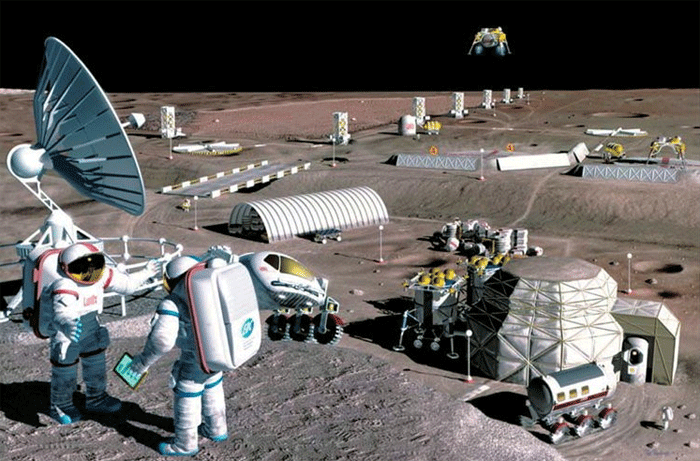.

Space-faring countries discuss cooperation in U.S.
.
Ministers and high-level officials from about 35 space-faring countries, including United States and China, on Thursday gathered in Washington D.C. to discuss international cooperation on space exploration.
The International Space Exploration Forum (ISEF) is the "first- ever ministerial-level meeting to build support for global cooperation in space exploration," said the U.S. State Department, the host of the event.
"We all share a deep stake in extending humanity's reach further into the solar system, advancing innovation further and faster, and extending the benefits of discovery to more people in more places," Deputy Secretary William Burns said. "The question facing us today is whether we can muster the courage and political will to advance space exploration and ensure that cooperation continues to trump competition."
Burns noted that 12 national space agencies have developed a shared roadmap that will result in human missions to the surface of Mars and that the International Space Station has welcomed more than 80 countries to participate in its research.
"We should encourage more countries to participate in the activities of the International Space Station," he said. "The station remains the leading space platform for global research and development. The station is the foundation for future human exploration to an asteroid, the Moon, and ultimately Mars. And it is a lasting testament to how much more we can accomplish together than we can on our own."
ISEF, which builds on a process started at the 2011 High-Level International Space Exploration Dialogue hosted by the European Union, the European Space Agency, and the Italian government in Lucca, a city in central Italy, had participants including ministers and high-level officials from the European Union, Japan, Russia, China, India, the Republic of Korea, Brazil, Nigeria, and Saudi Arabia.
Quelle: Xinhua
5399 Views
